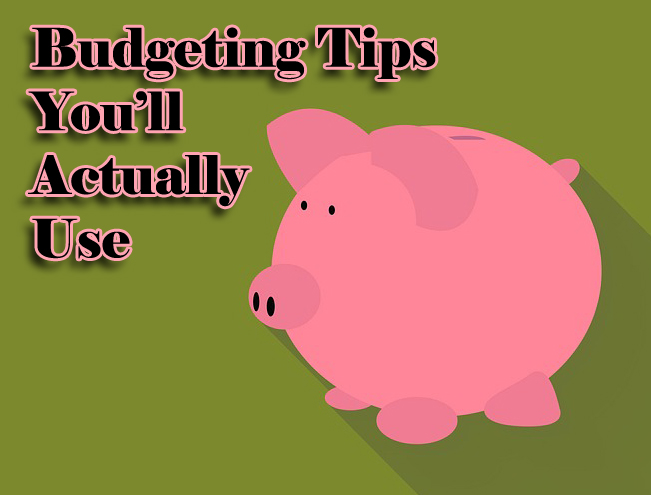
Budgeting is hard, but if you’re trying to live a frugal lifestyle then it’s easily one of your most important tools. Having a solid budget and understanding how it works will help you make sure you know where your money is going and even help you stretch it to meet your goals. While there are plenty of things to be said about creating the perfect budget, here are some that I found the most useful when I first started my frugal journey:
Create your budget from scratch
Whenever you’re trying to create a budget, there’s a good chance that whatever you were doing before wasn’t working. So, instead of risking carrying over whatever bad habits you had from before, start completely from scratch every time you redo a budget. It might be a bit more time consuming, but it will give you a chance to reevaluate your spending and start anew.
Account for every dollar
It might seem tedious, but it’s important to account for every dollar that is going in and out of your account. Some people tend to round up, ignoring change, but over time this can really create a problem in your budget. Use an app, program, or even an old-fashioned pen and paper ledger to record everything. Trust me, it’ll pay off in the long run.
Prioritize your debt
If you’re living in debt it’s important to get it squared away as quickly as possible and then learn how to avoid debt. Whenever you’re doing your budget, make a separate ledger for your debt. Create yourself a schedule of when you’ll pay, how much you’ll pay, and an estimate of how long it will take to get rid of all of your debt.
Use separate accounts
If you’re having trouble with spending, try using separate accounts. Create one account for bills and a second one for groceries and spending money. As soon as you get your check, transfer the bill money to the other account (or see if you can set it up to do so automatically) that way you only “see” the money that you can actually spend and your bills will be paid.
Know your spending weaknesses
Everyone has that one thing that they will always want to splurge on. For me, it’s media: movies and games. I can nearly always find one of those that I could spend some money on, and it can be hard to say no. However, keeping in mind the things you’re prone to spend money on can help you avoid temptation, and only spend when you know you’ll have the extra.
Leave yourself some wiggle room
Make sure that your budget totals aren’t totally equal—in other words, leave yourself some wiggle room. In reality, there are always expenses that will pop up. It’s a good idea to make sure that you have at least $200 more than it looks like you’ll need on paper. That way, you’ll be able to account for a month where your electric bill is extra high, or you have to suddenly replace your phone or make a car repair.




